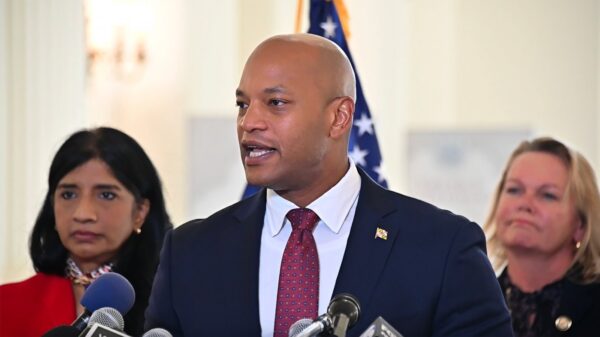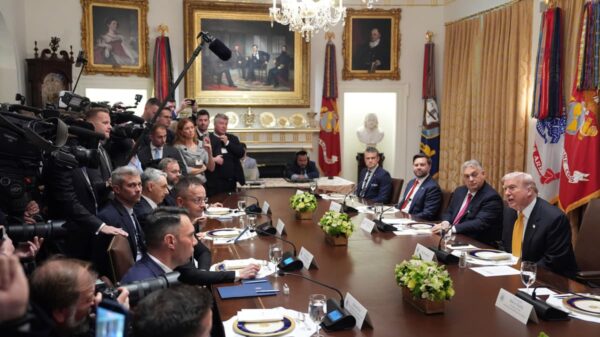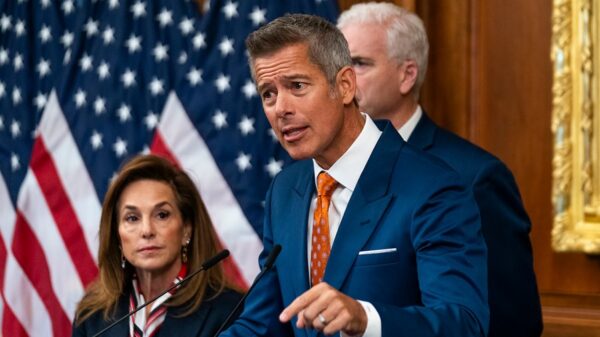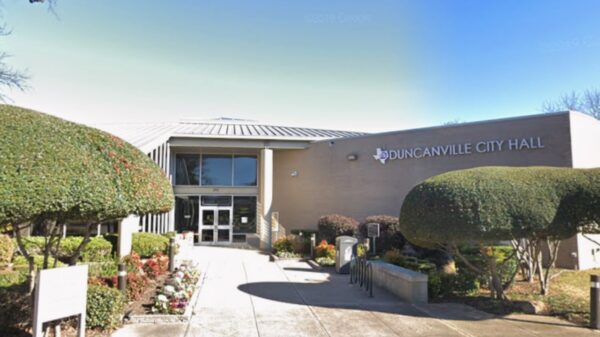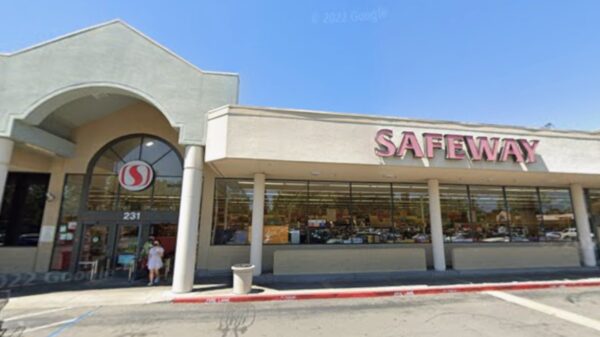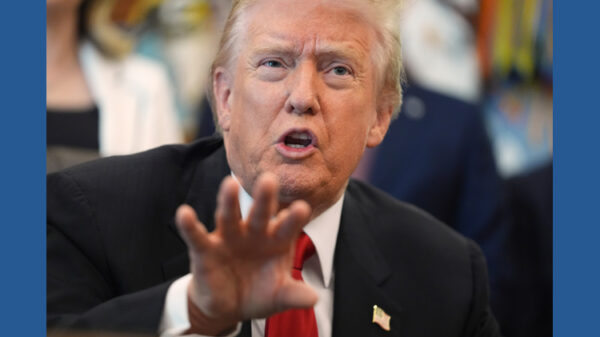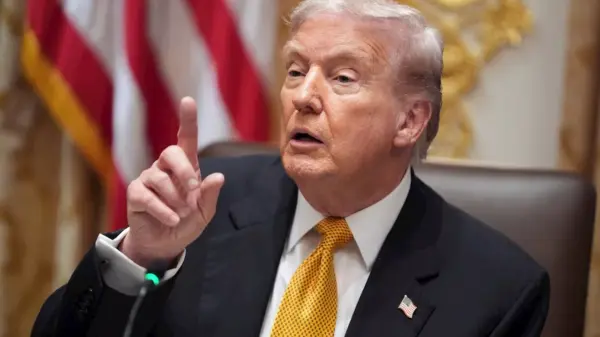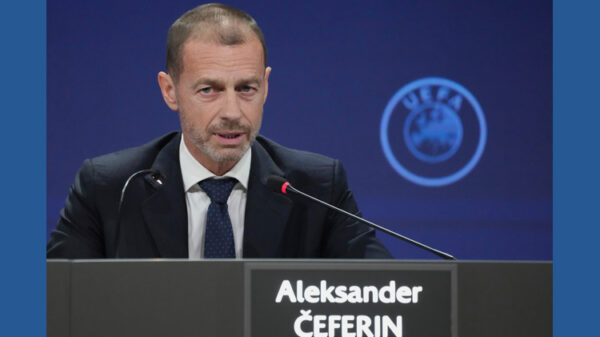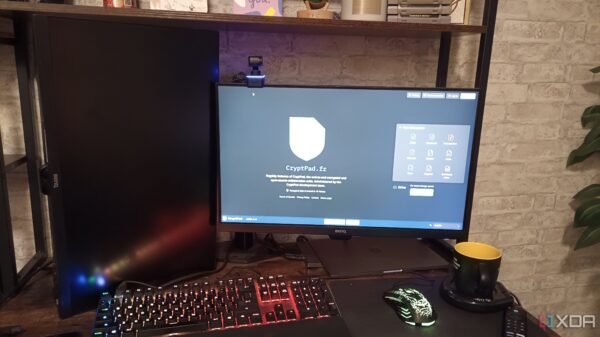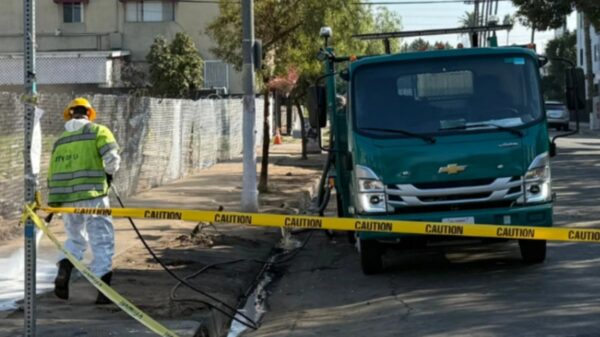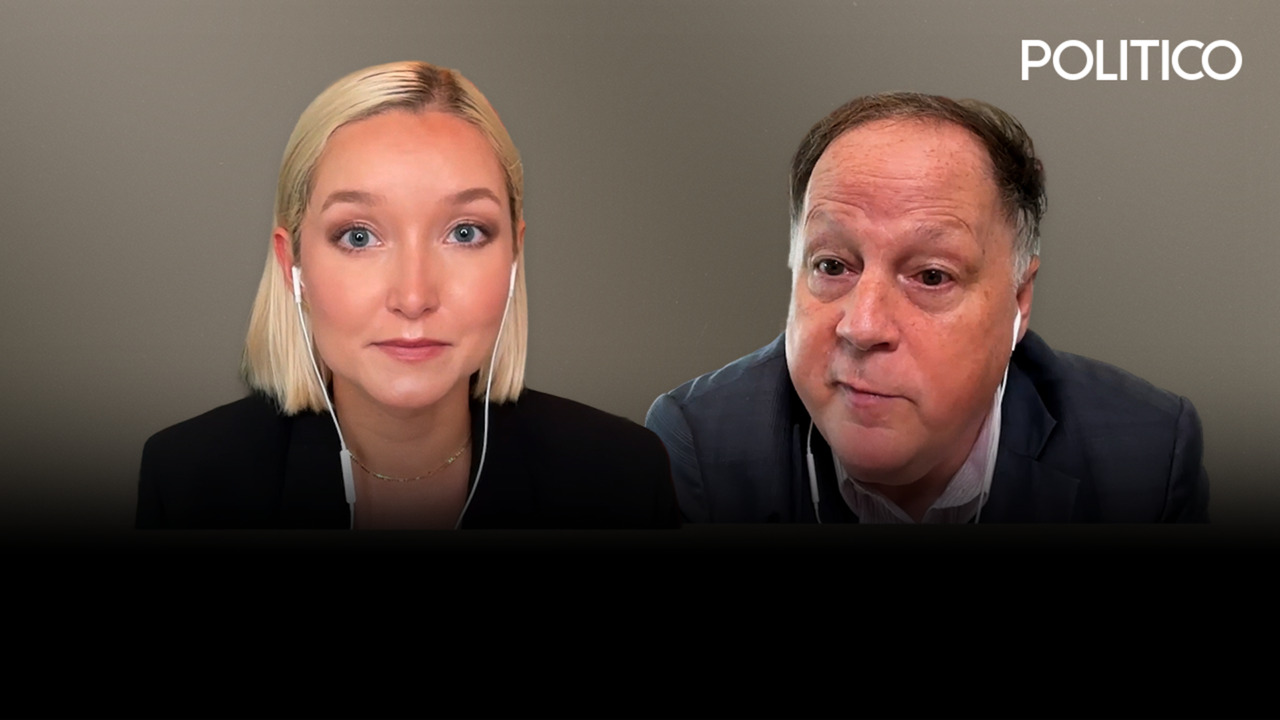The killing of prominent conservative activist Charlie Kirk on September 20, 2023, has ignited a significant wave of unrest and concern across the United States. Kirk, known for his vocal support of right-wing policies and strong advocacy for free speech, was shot in what authorities describe as a politically charged incident. His death has raised alarms about the current state of political discourse and public safety in a highly polarized environment.
In the wake of this tragedy, law enforcement agencies are intensifying their efforts to investigate the circumstances surrounding Kirk’s death. The local police department is working in collaboration with federal authorities to gather evidence and apprehend those responsible. The incident marks a troubling escalation in politically motivated violence, prompting community leaders to call for increased dialogue and understanding among differing political factions.
Impact on Political Climate and Safety Concerns
Kirk’s assassination has led to a surge of anxiety regarding the safety of public figures and activists. Many are questioning whether the current political climate is fostering an atmosphere that encourages violence. Political analysts and commentators have expressed concern that Kirk’s death is indicative of a broader trend of hostility that threatens to undermine democratic processes.
In various statements, community leaders emphasize the need for immediate action to address the root causes of such violence. They advocate for enhanced security measures at political events and public gatherings, arguing that ensuring safety is paramount for maintaining a healthy democratic environment. The fear of potential retaliatory violence has also emerged as a significant issue, further complicating the already tense political landscape.
Calls for Unity and Constructive Dialogue
As the investigation unfolds, there is a growing consensus that fostering unity is essential for healing the divisions that plague society. Many public figures, regardless of their political affiliations, have urged for a commitment to constructive dialogue. The sentiment is clear: finding common ground may be the most effective way to prevent further tragedies.
The response to Kirk’s death has traversed the political spectrum, with individuals from different backgrounds expressing their condolences and calling for peace. Prominent organizations have initiated campaigns aimed at promoting respectful discourse and reducing hostility in political discussions.
While the tragedy of Charlie Kirk’s killing is a stark reminder of the potential consequences of deeply entrenched political divisions, it also serves as a catalyst for renewed efforts toward understanding and cooperation. Moving forward, the focus will likely remain on ensuring the safety of individuals involved in political activism, while also striving to heal the social rifts that have led to such a devastating incident.
As communities grapple with the implications of this event, the hope is that it will spark meaningful conversations about civility and safety in political engagement. The future of public discourse may depend on the steps taken in the aftermath of this tragedy, as society seeks to navigate a path toward greater understanding and reduced violence.




